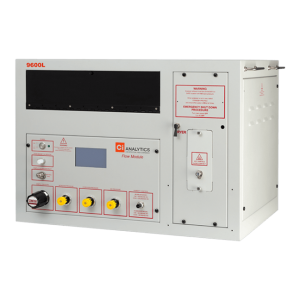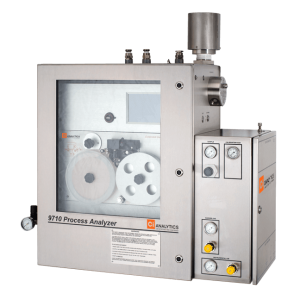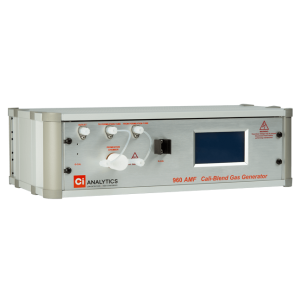Gas chromatography analysis:
Offering a proven technique for separating and analyzing chemical compounds
Gas chromatography (GC) analyzers and detectors as well as portable gas chromatographs feature a common technique used for separating and analyzing compounds that can be vaporized without decomposition. Typical uses of gas chromatography instrumentation and gas chromatography mass spectrometry include analyzing the purity of a targeted substance or separating the different components of a mixture, in which the relative amounts of such components can also be determined.

In the petroleum industry, sulfur compounds are one of the common GC analyzer systems and gas chromatography machines widely studied due to the incidence in quality control of petroleum products and petrochemicals during the refining of crude oil and in order to comply with environmental regulations.
Moreover, gas phase analysis consists in quantifying and/or identifying a mixture of compounds after being separated when establishing some physical weak interactions with a solid stationary phase. In particular, mercaptans, sulfides, hydrogen sulfide and carbonyl sulfide are the most common sulfur forms quantified in petroleum derivatives during exploration, production, transportation, storage, refining and processing of oil and gas.



